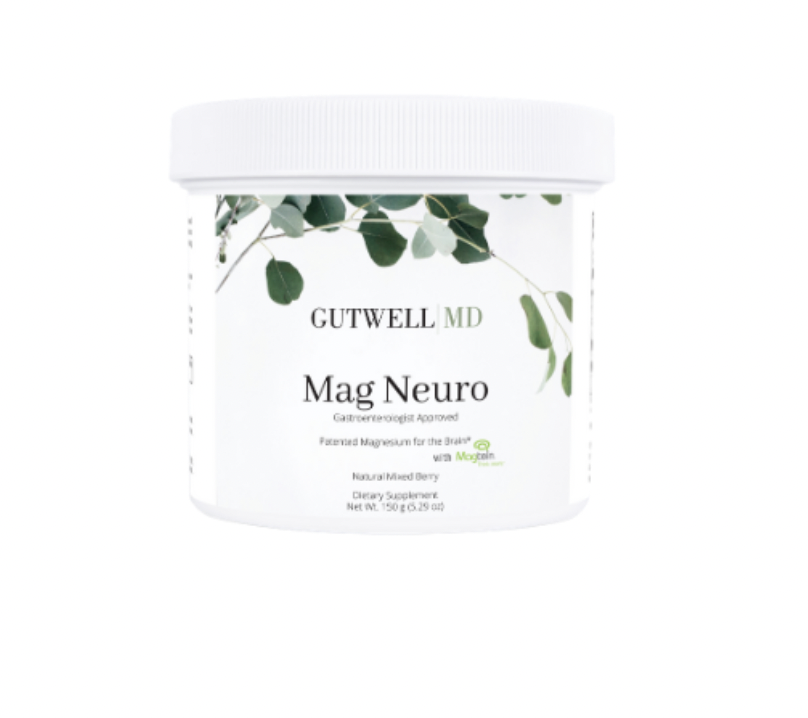The Magic of Magnesium
It seems as though everywhere you look, people are touting the benefits of magnesium. While many are familiar with magnesium, the element, some are less familiar with magnesium, the nutrient. Magnesium is a nutrient that is important for many bodily processes, including regulating muscle and nerve function, blood sugar levels, blood pressure, making protein, bone, and DNA. Dr. Mitchell has utilized magnesium as a stool softener for many years for patients with constipation. More recently, people supplement with magnesium for benefits like relaxation and exercise performance. Read on, and learn about the different kinds of magnesium and their benefits.
Magnesium Citrate
Magnesium citrate is one of the most common forms of magnesium. It is also regarded as the most bioavailable (able to be absorbed) forms of magnesium. It is typically used to treat constipation and to raise blood levels of magnesium.
3. Magnesium Chloride
Magnesium chloride is used to treat low magnesium levels. This is most often taken in pill or capsule form. It is recently becoming very popular in topical creams for relaxation.
5. Magnesium L-Threonate
Magnesium L-Threonate is the form of magnesium that is best able to cross the blood-brain barrier. Although it is one of the more expensive forms of magnesium, it has been touted to help with depression and dementia.
All the information in the above article is only intended to educate. This is not meant to be medical advice. If you have any questions about supplementation, please consult with your doctor. This is Dr. Mitchell’s interpretation of magnesium and its utilizations through her years of clinical practice. It does not always align with FDA standards or recommendations.
2. Magnesium Oxide
Magnesium oxide is naturally found as a white powder most commonly. While this form of magnesium may be poorly absorbed by your GI tract, Dr. Mitchell utilizes it for a stronger form of magnesium to treat constipation. This is the type of magnesium found in “milk of magnesia” or Phillips Capsules.
4. Magnesium Lactate
Magnesium lactate is used most commonly in food manufacturing as a preservative. It is also the type of “lactate” produced by your muscles. This is not a common dietary supplement; however, when used as a dietary supplement, it is often thought of as less “severe” in terms of side effects.
6. Magnesium Glycinate
Magnesium glycinate is one of Dr. Mitchell’s favorite magnesium supplements. Many of her patients utilize it to raise blood levels. It is less likely to cause loose stool, so it is a good option for patients who want to raise blood levels while minimizing side effects.







